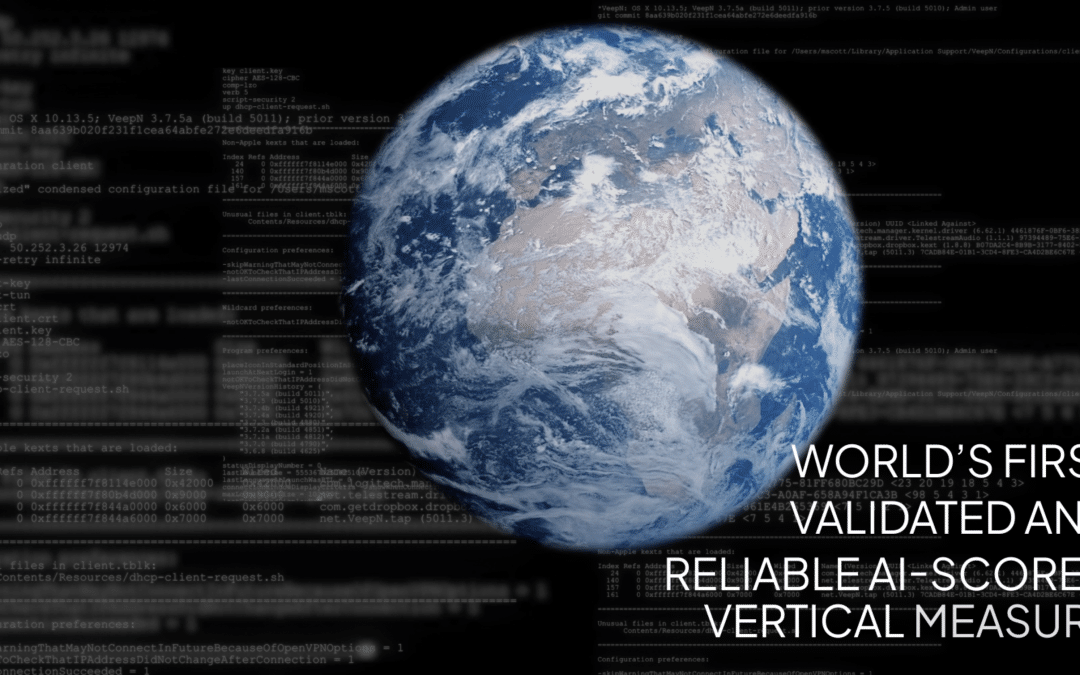Today’s leaders face challenges amongst those never seen before. Alongside societal events such as pandemics, global wars, political and environmental instability and supply change issues forming a volatile, uncertain and complex world for leaders to work in, they must also manage the complexities of their day to day jobs: hitting targets, reporting to stakeholders, managing colleagues and team dynamics as well as blending in family commitments and looking after themselves thrown into the mix.
Living and working in this context can be overwhelming. Skill-based training, or even giving leaders more resources no longer cuts it in helping them to succeed.
The best way to help leaders navigate their own personal context effectively is by helping them shift how they think and act, increasing awareness of themselves, of others and the systems around them. As we grow this awareness, we gain more options to navigate the challenges we face and thereby find better outcomes. An essential part of this process is to assess the thinking patterns of a leader. Then, equipped with these insights, the leader is better able to more intentionally notice and adapt their mindset or worldview in the moment.
Greater awareness of personal thinking patterns and how they might be managed, enables better actions and decision-making. Alongside a deeper understanding, this leads to:
• improved personal effectiveness
• greater appreciation of other perspectives and enhanced inter-personal dynamics
• more intentional shaping of organizational culture
That’s at the heart of the work in vertical development and the new scalable solution in MyWorldView – the all-new vertical assessment and a digital learning experience from GLA, world leaders in vertical development.
MyWorldView involves a leader completing 30 sentence stems in any way they see fit. Analysis then looks at these responses for complexity of awareness of self, others and the systemic. A person is then profiled across 7 developmental stages or worldviews and includes highlighting when an individual is transitioning between worldviews. Each stage envelops the last and offers an increased capacity for complexity.
In a world’s first for a validated and reliable AI scored vertical measure, AI technology is used to score MyWorldView. Developed in partnership with leading AI academics, it’s based on decades of research into adult development and GLA’s large pool of assessment data from MyWorldView’s sibling tool, the Global Leadership Profile. Read our paper on the technology behind MyWorldView HERE.
Once leaders have completed their sentence stems, they can access GLA’s cutting-edge platform to continue their learning journey. This includes:
•animated videos to explain each worldview, including their own
•self-estimate for the leader to explore different perspectives on themselves
•estimating the prevailing worldview of the leader’s organization
•opportunities to journal their thoughts and ideas and further tailor their profile explanation
•consideration of three key areas of leadership thought and action: power, time and change
•experiments to try as they look to explore their own personal journey of development
Beyond their work as a leader, the vertical development approach and MyWorldView has a holistic application and leaders often tell of benefits to their personal life and making more telling contributions to their wider community involvement.
MyWorldView also offers benefits at an organizational level. As part of a leadership development program, typically at the start, the rest of the program content can then help a leader extract the benefits or make shifts in their worldviews. In culture change initiatives, MyWorldView’s organizational section can reveal tensions between a leader’s worldview and that of the worldview culture of their organization. Equipped with insights, the leader can then make more telling interventions. MyWorldView can also be used as a complementary companion to personality assessments and 360° feedback tools.
Based on over 50 years of research in the field of adult or vertical development, the assessment was created by Elaine Herdman-Barker, a world-renowned adult development theorist and Prof Bill Torbert, regarded as one of the fathers of this field. Bill’s article ‘The Seven Transformations of Leadership’ as named by the Harvard Business Review as one of the top 5 articles on adult leadership development of all time. Access his article HERE. You can read more about the scientific validity, including a comparison to other adult development assessments, by clicking HERE.


